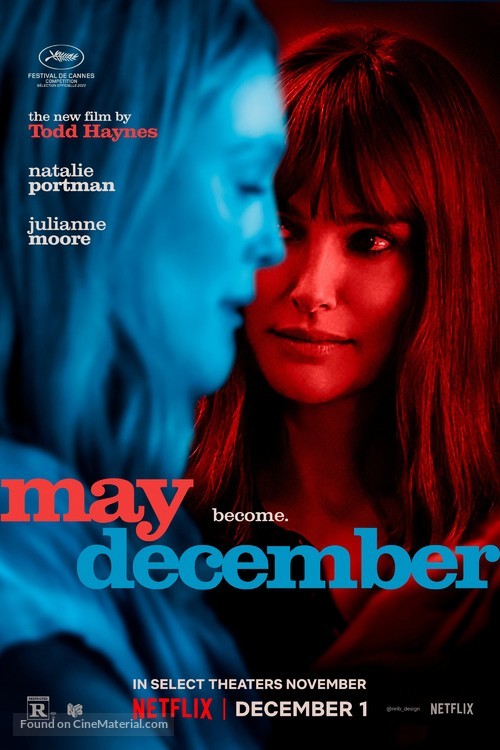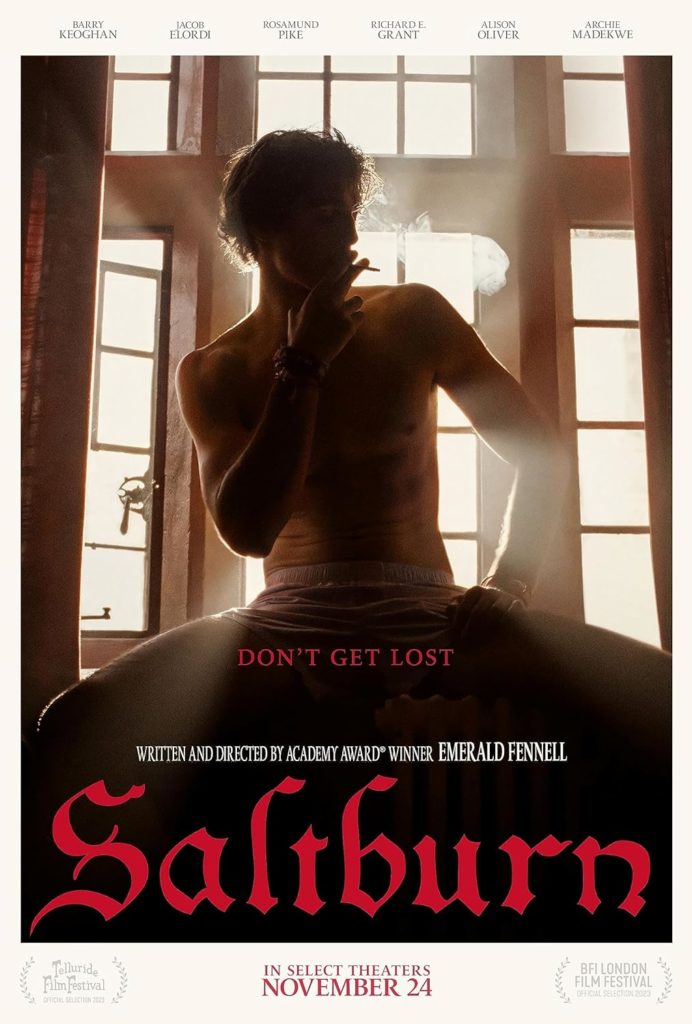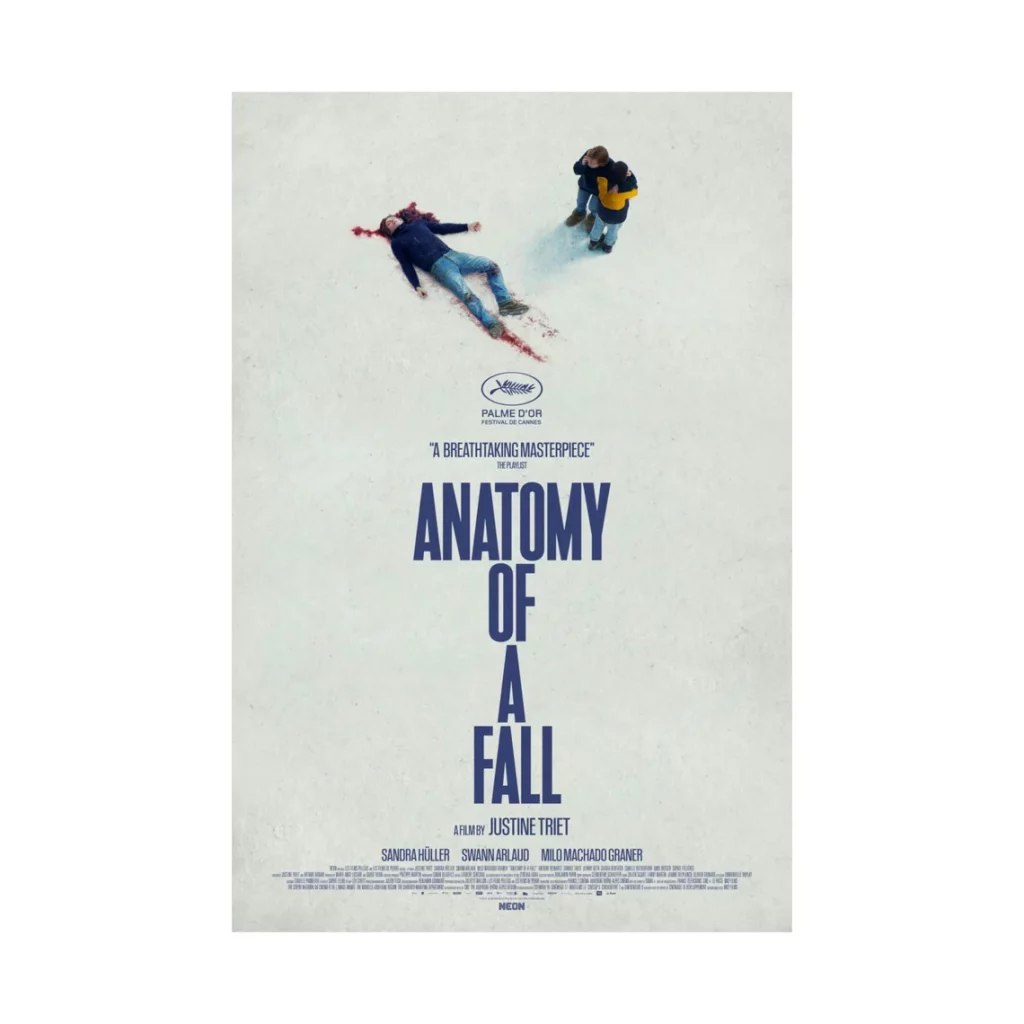
Many people don’t know this, but it is not legal or possible for an underage child to give consent. They can say they wanted the relationship. They can say they wanted the sex. But legally, they do not have the right to do so.
This is sort of the unspoken truth at the heart of May December — that Julianne Moore. as a 36 year old woman, seduced and fucked a 13 year old boy. Their sex resulted in a daughter which she had during her time in prison. Later, out of prison, she married him and they had twins. But in trying to do the math, it seems like he may have been 18 when she got pregnant with their twins and the older daughter was conceived when he was 13 — there seems to be about 4 or 5 years between the siblings. In any event, the boy, Joe Yoo, played by Chris Melton, is now 36 himself which makes Gracie (Moore) 59 or 60. He still insists it was what he wanted: that he wasn’t like other kids. But the intrusion of Natalie Portman, an actress named Elizabeth, is going to temporarily bring some of these unspoken truths to the surface. Elizabeth is there to study Gracie, but her presence brings doubt to Joe’s world, and doubt is what makes a story interesting. Gracie has no doubt — still — decades later — does not think she has done anything wrong. But if you look, like a jury might, she tells herself lies to keep this fantasy going. One, is that she says Joe was in charge (of the pet shop where they met). That he was in charge and he was the one who seduced her. It was already established that Gracie was working there and hired him to help out. Another clue – is that when Elizabeth starts filming a new movie about this scandal, she is shown seducing Joe (and the actor playing Joe for this scene looks nothing like a 13 year old.) Joe may have believed he wanted it, but in a powerful bedroom scene/fight, he says to her “What if I was too young..” (to make that decision.) That’s when her lies come out.
Scotty Bowers (of the Hollywood gas station), told in the documentary about him, that he lived across from a monastery, and as a 13 year old, walked across the street to get to know some of the monks and have sex with them. The interviewer said, “But that’s illegal,” and Scotty shot back, quite angrily, “It was what I wanted.” But this is what so many people don’t understand about the law and statutory rape. He was too young to give consent and the monks that he had sex with, even if he initiated it, were committing statutory rape.
Gracie, in her final line, says to Elizabeth, “I’m confident.” It’s a strange quirky line, and, in fact, we’ve seen many instances of her having extremely bizarre breakdowns — one about losing a cake client (she bakes cakes for a living, but basically has five customers who are just doing her a favor) that sends her into fits because she’s going to have a cake go to waste. And another where she irrationally complains that Joe smells like the barbecue grill. But I think that final line means, “I’m deluded and am going to stay that way.” This is quite sad because in the meantime, Joe has been questioning their whole relationship and I was quite convinced that he was going to have to leave. But that “I’m confident,” line ended it. It tells us that she still doesn’t believe she has done anything wrong, whatsoever.
Yet after viewing it twice (once in the theatre and once on the tv), it becomes even more clear that Joe has missed out on nearly everything that young people are meant to go through. He went from 13 to 36 with his abuser dictating the rules of their relationship — the main one being that they cannot talk about their relationship. Even Joe’s relationship to his children is so strained and awkward. The son can barely call him “dad,” and it’s only when they share a joint that Joe and his son make a small attempt to be a normal father and son. That moment, of course, is stifled by Gracie.
It’s a very interesting movie, but in thinking about it, I don’t think I’ve ever quite despised a lead character as much as this one. And Elizabeth, the actress who can’t possibly be very good, is just as despicable.








